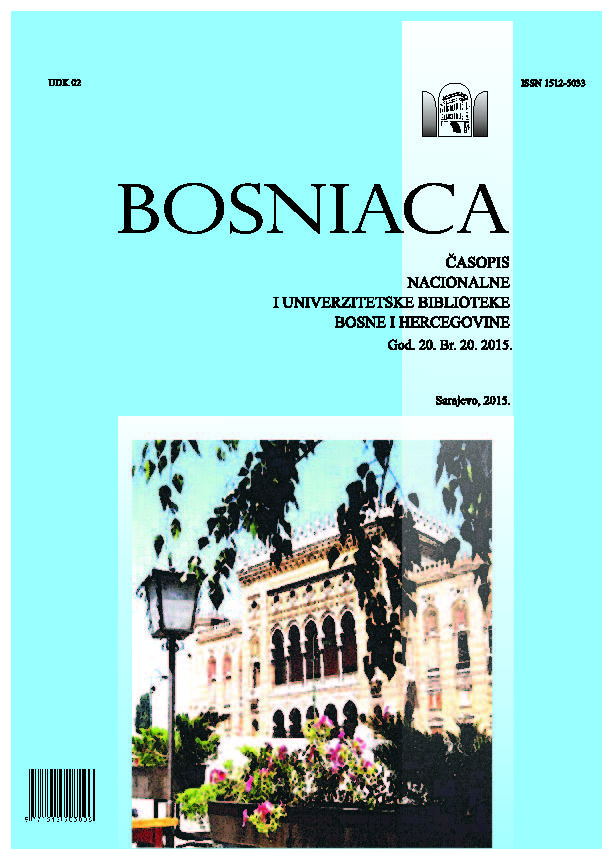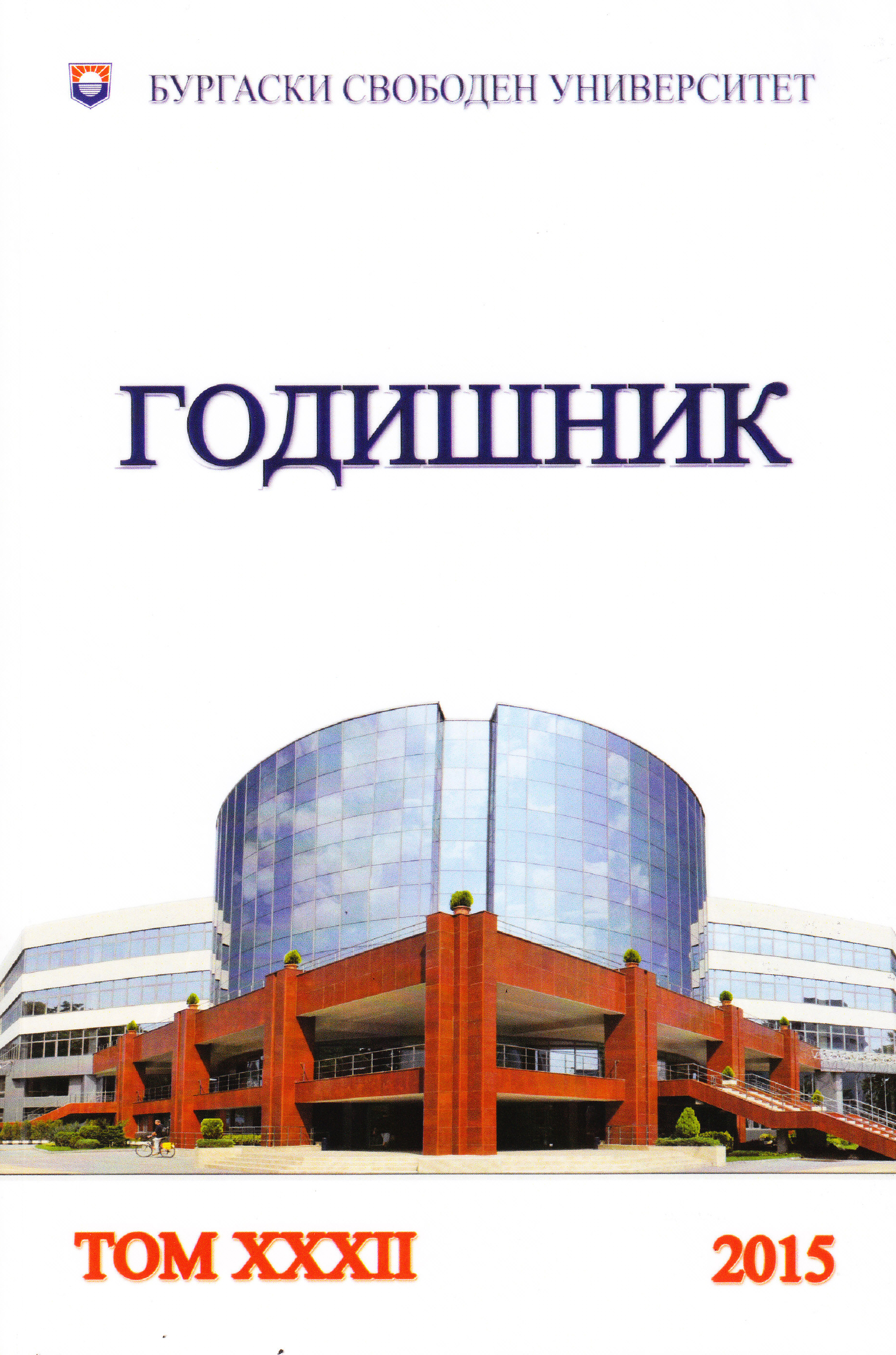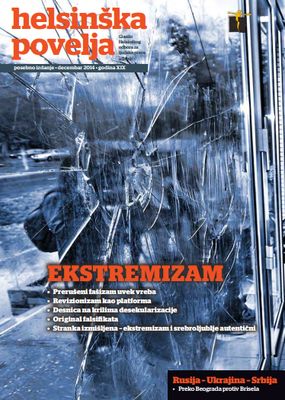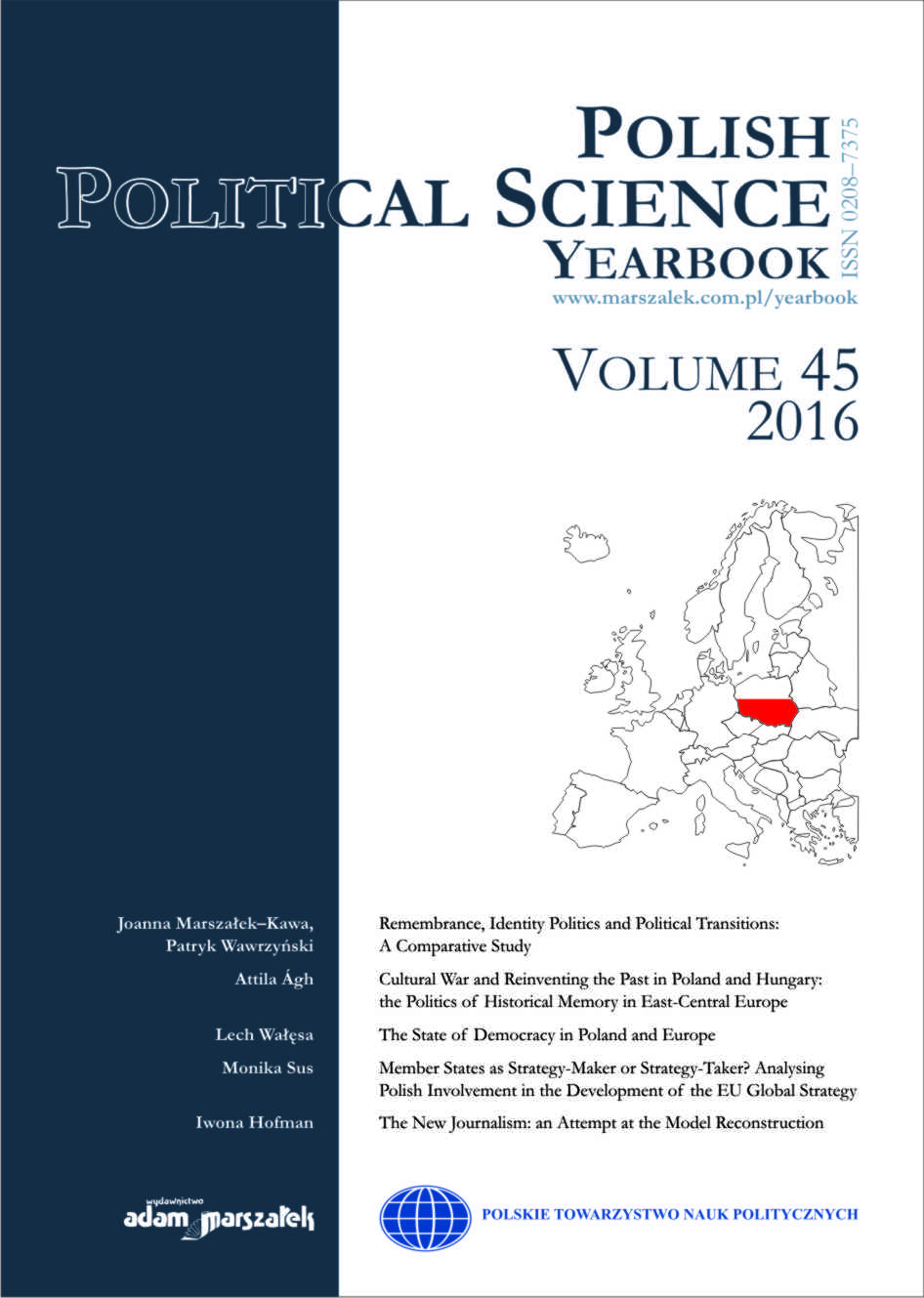Around the Bloc: Bomb May Have Caused Russian Plane Crash
U.S. and U.K. officials say security was lax at Egypt’s Sharm el-Sheikh airport.
More...We kindly inform you that, as long as the subject affiliation of our 300.000+ articles is in progress, you might get unsufficient or no results on your third level or second level search. In this case, please broaden your search criteria.
U.S. and U.K. officials say security was lax at Egypt’s Sharm el-Sheikh airport.
More...
Failure to agree proposed successor to Hristo Ivanov, who resigned over weak judicial reform package, points to fissures in coalition.
More...
Geldy Kyarizov was barred from leaving country for years in spite of his worldwide fame – or due to it.
More...
Bibliography „Srebrenica – remembrance for the future“ written regarding anniversaries of 20 years of genocide in Srebrenica. It included 100 bibliographical records (monographs, non-book materials, articles and contributions in continuing resource and proceedings) which are documents of genocide over Bosniacs in Srebrenica in July 1995. One part of publications explains events from war in Srebrenica from 1992 till 1995 with the aim to understand all the events which were done before tragedy in Srebrenica. Chosen bibliographical records are products of database searching of National and University Library of Bosnia and Herzegovina and the union bibliographic/catalogue database COBIB.BH. Index of the authors is contented in bibliography.
More...
The procedure in the UN International Court of Justice consists of two time parts: written and oral proceedings. The written one consists of the communication to the Court and to the parties of the case of different documents. They are main evidence in the Court procedure: therefrom in each case, necessarily, there are documents and written proceedings, respectively. The oral proceedings are after the written one. They consist of the hearing by the Court of the agents, counsel and advocates of the parties to the case, witnesses and experts.
More...


Human rights watchdogs are asking for their release, arguing that their protests did not breach any law.
More...
Former Qabala FK soccer club captain Javid Huseynov, whom the journalist insulted on Facebook, faces separate trial for not reporting a crime.
More...
Brussels court hands down sentences for the “political assassination” of Kosovo dissident 26 years ago.
More...
This article seeks to study the consequences of the Nagorno–Karabakh war for Azerbaijan: thus analyzes findings on occupied territories, casualties, and damages of the war from economic, political, and social perspectives. The utmost brutality and atrocity of the overall conflict is memorized with Khojaly Massacre committed against Azerbaijani civilians on 26 February 1992. Hence, the article unveils evidences through the scrutiny of secondary data from academic sources, publications, and news materials published by international media. The particular focus of the study is concentrated on to what extend special plan was prepared deliberately for ethnic cleansing in Khojaly during the Nagorno–Karabakh war.
More...
The article analyzes the most common civil approaches to the essence of agreement and the main stages of its conclusion. We reveal the essence of civil law agreement as a combinational legal fact. We make a conclusion that the category of juridical structure is of methodological importance for understanding the nature of civil law agreement. We offer our own definition of civil law agreement as a juridical structure that combines the main scientific concepts relating to the essence of the legal phenomenon under study.
More...
In this article we continue the study of regulators applied in the sphere of civil law and analyze the concept and the modern system of these regulators. We prove that the term civil law regulator is a part of the terminology of Russian civil jurisprudence. We demonstrate the value of scientific analysis of civil regulatory system and characterize the development trends of this system in the context of the reforms of civil legislation, i.e., its expansion on account of inclusion of new elements.
More...
The article justifies theoretically, methodologically and legally the relevance of the general theoretical concept of dualism of dispositivity as a principle of the current competitive model of jurisdictional process. The paper shows that this concept allows a holistic perception and analysis of the problem of correlation between the public and private principles of jurisdictional and procedural dispositivity. The concept also makes it possible to study the ways of balancing private and public interests in modern jurisdictional process.
More...
The article deals with one of the current problems in criminal investigation theory and judicial practice, i.e. the problem of tactical and forensic support of state prosecution at court. The analysis of the results from the questionnaire survey carried out among public prosecutors allowed the author to determine the ways of selecting and using tactical means for examination of evidence in criminal cases by procurators.
More...
This article reveals the condition and prospects of cooperation between the judiciary and mass media. The results of an expert questionnaire among judges and journalists are analyzed in the context of research on the problem of access to information about judicial activity. The obtained empirical observations help to reveal and analyze the existing problems and serve as a basis for the development of the scope of means that are aimed at improving the cooperation between courts and mass media and can be applied in the work of court press-service.
More...
The article studies the formation of a juridical framework for mass media, which is one of the aspects of public policy in the field of mass media. The paper makes it possible to retrace the transformation of relations between the authorities and the journalistic community. A detailed analysis of the legislative acts of the Russian Federation reveals the following factors that caused the transformation in mass media: the change of the political elite, the growing influence of the Internet and social networks, and the technological breakthrough.
More...
This paper considers the features of legal construction of natural obligations in the German law and doctrine. Based on the analysis of different approaches of German civil law scholars to solving the indicated problem, the author justifies their position regarding the legal nature of natural obligations, distinguishing their main features. The paper explains why, in contrast to the classical liabilities, natural obligation is considered as “imperfect obligation” (unvollkommene Verbindlichkeit). Considering the structure of natural obligations, the author singles out the main elements of the right of claim (Forderung), by which it can be realized without judicial compulsion. The paper emphasizes that, in the absence of legislatively envisaged enumeration of grounds for occurrence of natural obligations and their types, a significant role in recognizing a legal relationship as the natural obligation belongs to the doctrine and courts. On the basis of the analysis of the doctrinal sources, two main forms of natural obligations are distinguished: institutional and non-institutional. Their features are considered. Different forms and types of natural obligations indicate a fairly broad approach of the modern German civil law scholars to understanding the essence of natural obligation as of a civil legal obligation or other legal relation based on moral responsibility.
More...
The paper considers the general principles of executing obligations under the current legislation, as applied to the obligations of easement, based on the contract (agreement). The doctrine has not adequately solved this question, but development of the relevant provisions is of great practical importance for unification of the law enforcement. As a result of the analysis of the current legislation, it was concluded that there are certain aspects of the legislative regulation of execution of the easement obligations. The paper distinguishes the general and specific principles, under which the easement obligations should be executed and all disputes associated with this process should be resolved. The general principles are proper fulfillment of the obligation, impermissibility of unilateral refusal to perform the obligation, honesty and mutual assistance of the parties performing the obligation, specific performance. Special attention was paid to the proportionality principle, which is considered in two aspects: proportionality of the actual encumbrance over the immovable property and proportionate payment for the easement. The paper finally stablishes that the existing laws on the matter need further improvement and specification in what concerns the special principle of executing the obligations.
More...
This paper analyzes the renewed content of the civil contract doctrine in new provisions of the Civil Code of the Russian Federation due to the reform of contractual law and law of obligations. The renewed viewpoints of the legislation on contractual freedom and its correlation with contractual terms, as well as private legal and other limitations on the constitutional contractual freedom, are considered. The features of applying the general provisions on obligations and contracts to multilateral contracts are revealed. Unidentified contracts are investigated from the point of application of the norms of defined contracts to them. The new provisions of contractual law and law of obligations concerning the contractual obligations arising in connection with business activity are shown. The conclusion is made about the emergence of a new phase in the evolvement of the civil contract doctrine and the Russian contractual law in general.
More...